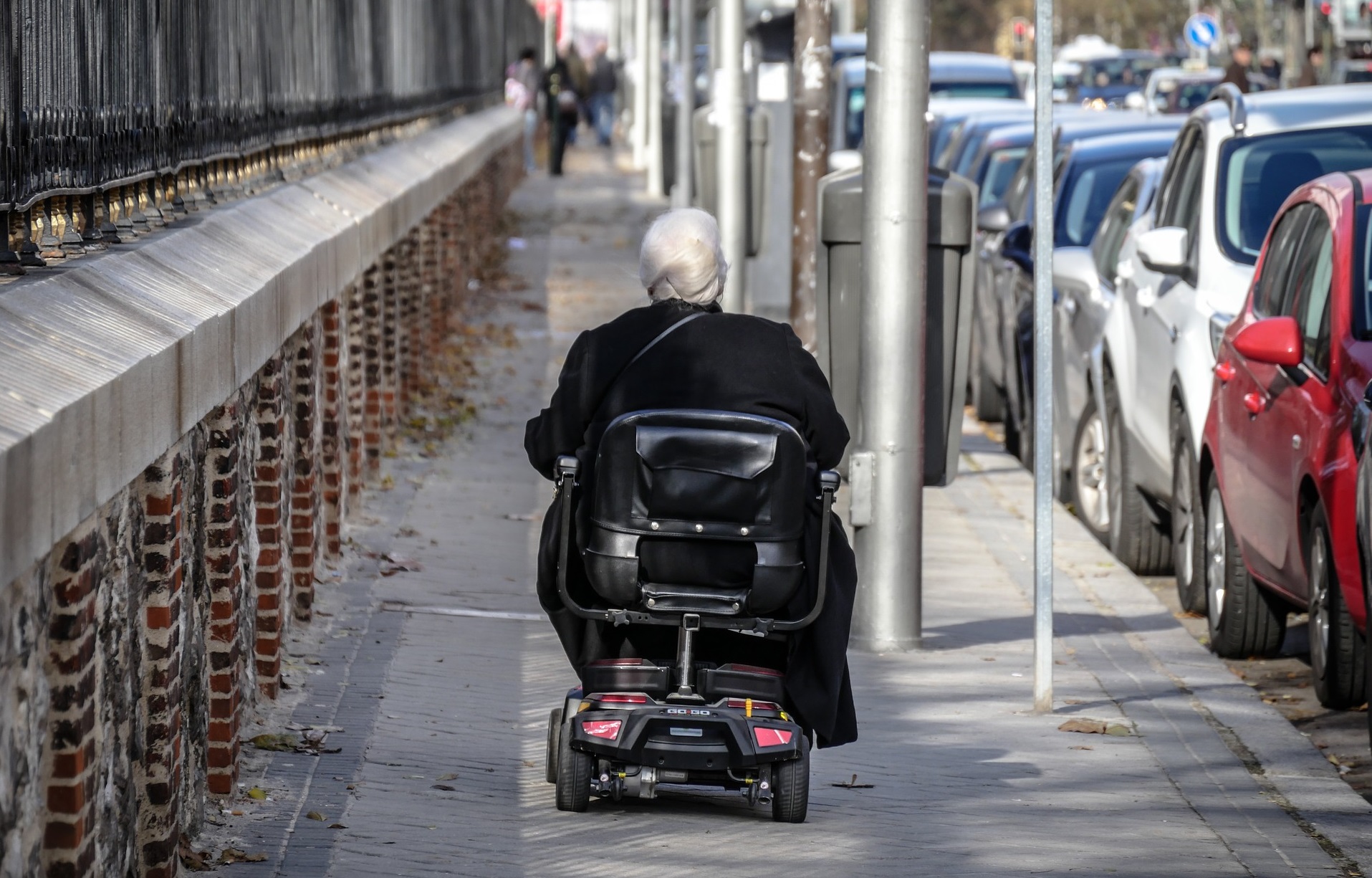
21 May Can I sell my long-term care insurance policy?
Photo: pixabay.comQ. I am 90 years old and in excellent health. My wife is 85 and is early stages of MS. She is now in the elimination period for home assistance through our long-term care policy and we plan to move to an independent facility that offers assisted living. However, our HMO can provide the same care as the policy, so we want to sell the long-term care policy so we can save $397 per month. Is there a market for that?
— Planning ahead
A. We’re a little concerned here.
HMOs don’t generally cover the costs of long-term care or skilled nursing care, so don’t dump this policy just yet.
While there is a market to sell life insurance through a life settlement, we’re not aware of any such market for long-term care policies.
“Some people have life insurance policies that have long-term care riders that allow them to access up to the death benefit for long-term care needs,” said Jody D’Agostini, a certified financial planner with AXA Advisors/The Falcon Financial Group in Morristown. “These might be able to be sold through a life settlement.”
First, though, it would be important to be sure that you do not need the life insurance for legacy, estate planning needs or income needs, she said.
“HMOs do not cover your potential needs for skilled nursing care,” D’Agostini said. “If you move along the continuum of care in an assisted living facility, you will then need the long-term care insurance.”
You will need to check your policy details, but generally, these policies, once employed, will no longer require you to pay the premium, D’Agostini said.
“I would not recommend you lapsing this policy until you read all the fine print on your HMO coverage,” D’Agostini said.
She said according to the Genworth Cost of Care annual report, the costs for assisted living facilities in New Jersey average $6,065 per month, while nursing homes average $10,646 per month.
So you’re looking at a potentially large ongoing expense.
“Only long-term care insurance policies will cover the skilled assistance that you will require when you are unable to perform the activities of daily living such as bathing, toileting, transferring, eating, continence and dressing,” she said. “Medicare will pay for up to 100 days in a skilled facility following a hospital stay.”
Email your questions to Ask@NJMoneyHelp.com.
This story was originally published on May 21, 2019.
NJMoneyHelp.com presents certain general financial planning principles and advice, but should never be viewed as a substitute for obtaining advice from a personal professional advisor who understands your unique individual circumstances.

